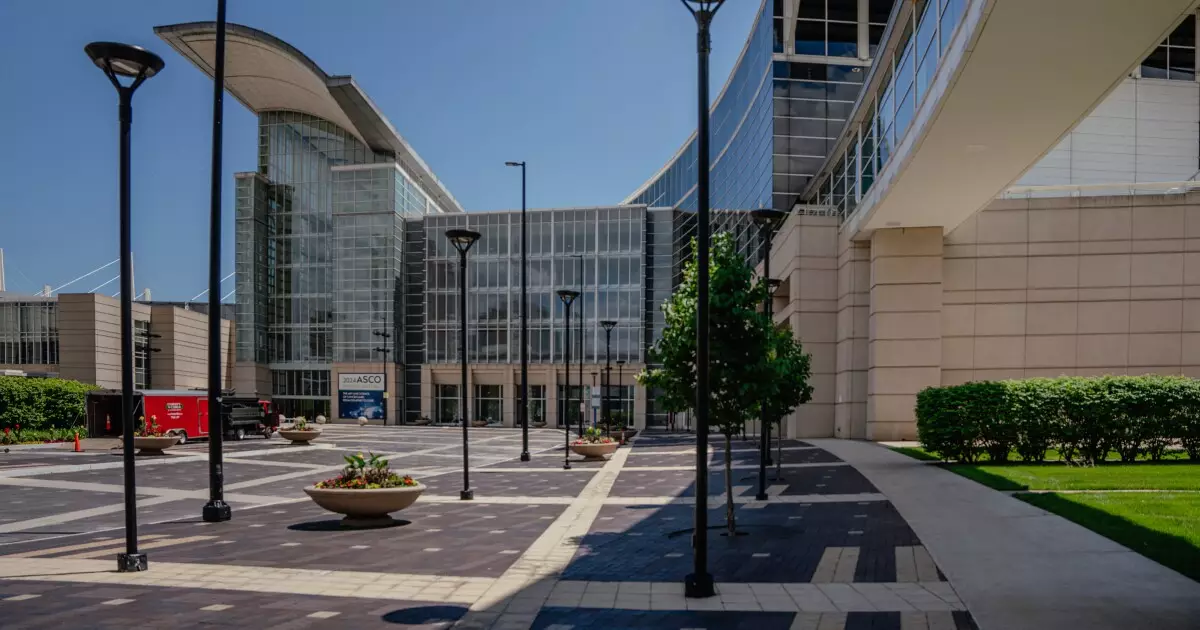The Metropolitan Pier and Exposition Authority in Chicago is planning to sell up to $231 million of refunding bonds for the McCormick Place Expansion Project. The authority aims to use these funds to explore upgrades to the Lakeside Center building and renovate the guest rooms at the Hyatt Regency McCormick. Despite challenges posed by the pandemic, the authority collected $168.42 million in fiscal year 2023, with a significant portion dedicated to debt service. MPEA CEO Larita Clark highlighted the strong recovery of McCormick Place, with operating revenue exceeding expectations and delivering a substantial economic impact for the city and state.
In contrast to Chicago’s success, the America’s Center in St. Louis has faced delays and cost overruns in its expansion efforts. The public tourism agency operating the center requested an additional $20 million for the project, bringing the total estimated cost to nearly $260 million. Delays and declining convention bookings have negatively impacted surrounding hotels, prompting the search for a new president as Kitty Ratcliffe’s contract comes to an end. Political conflicts between the county executive and council further slowed down the expansion project, adding to the challenges faced by America’s Center.
The Duke Energy Convention Center in Cincinnati is undergoing a $400 million renovation, partly financed by tax-exempt revenue bonds. The project involves updates to the hotel and convention center, with a significant portion of funding coming from transient occupancy tax revenues. Moody’s Ratings and S&P have assigned ratings to the various series of revenue and refunding bonds, reflecting a stable outlook overall. The renovations, initially planned in 2019, have faced adjustments due to the impact of COVID-19. Construction is set to begin in July, with a focus on managing interest rate and escalation risks to ensure the successful completion of the project.
While Chicago’s McCormick Place has demonstrated a robust recovery and successful financing for expansion and renovations, St. Louis’s America’s Center has encountered setbacks and financial challenges. The political and financial obstacles faced by the St. Louis convention center highlight the importance of effective planning and stakeholder coordination in large-scale projects. In contrast, Cincinnati’s Duke Energy Convention Center project showcases proactive risk management and adaptation to changing circumstances. By addressing key risks and working closely with financial partners, the Cincinnati project aims to enhance its regional attractiveness for conventions and events.
Overall, the Midwest’s convention centers offer a diverse landscape of challenges and opportunities in their renovation and expansion efforts. Successful projects reflect careful planning, financial stability, and adaptability to unforeseen circumstances. As these centers continue to evolve and compete for conventions and visitors, strategic decision-making and stakeholder collaboration will be crucial in shaping their long-term success in the post-pandemic era.

